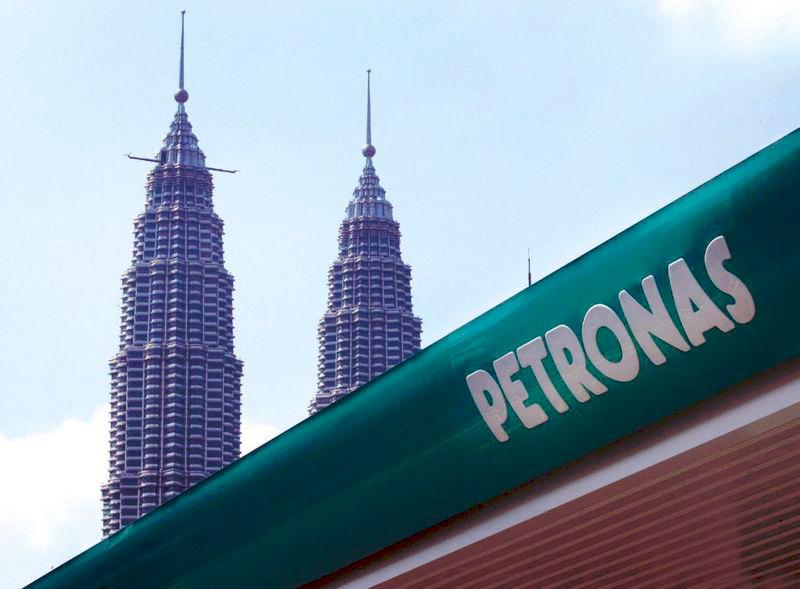KUALA LUMPUR: Malaysia’s national oil and gas company, Petroliam Nasional Bhd (Petronas), has taken a stake in an offshore natural gas block in Turkmenistan.
In a statement today, Petronas announced that it has signed a new production sharing contract (PSC) with UAE-based energy company XRG, Turkmenistan’s oil and gas companies, State Enterprise Hazarnebit and State Concern Turkmennebit, for the Block I gas and condensate fields in Turkmenistan.
Under the terms of the PSC, Petronas will hold a 57 per cent participating interest as the operator, partnering with XRG (38 per cent), while State Enterprise Hazarnebit will hold the remaining five per cent.
As part of the transaction, a long-term gas sales agreement was also signed with the national gas company of Turkmenistan, State Concern Turkmengas.
Block I, located in the Caspian Sea, currently produces approximately 400 million standard cubic feet of natural gas per day.
Petronas executive vice president and chief executive officer of upstream, Mohd Jukris Abdul Wahab, said that as the first international operator in Turkmenistan’s energy sector close to three decades ago, this milestone reinforces their presence and signifies their continued expansion in the upstream sector.
“We are privileged to contribute to the ongoing advancement of the nation’s energy industry and remain committed to fostering long-term partnerships with XRG, Hazarnebit, Turkmennebit and Turkmengas,” he said.
Meanwhile, XRG President of International Gas, Mohamed Al Aryani, said that by deepening their partnership with Petronas, Turkmennebit, and Turkmengas, they are advancing energy security and economic development, while creating long-term value for all stakeholders.
“This agreement marks an important milestone in XRG’s global growth strategy and builds on the strengthening relationship between the United Arab Emirates (UAE) and Turkmenistan.
“It strengthens XRG’s presence in the Caspian region, expands our resource base, and reflects our ambition to be a reliable supplier of cleaner energy to meet the world’s evolving needs,” he added.









